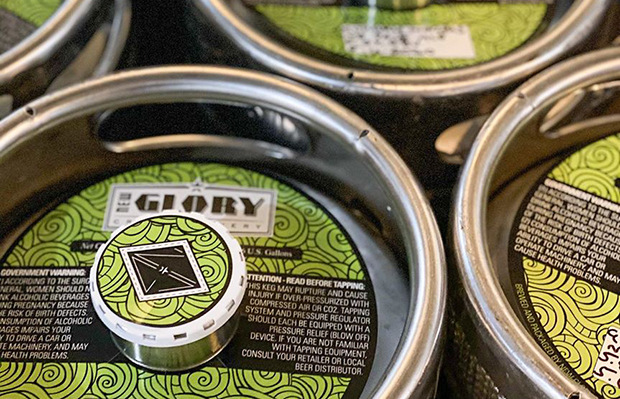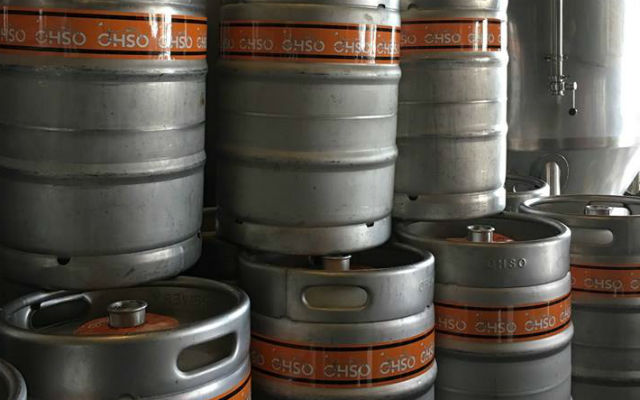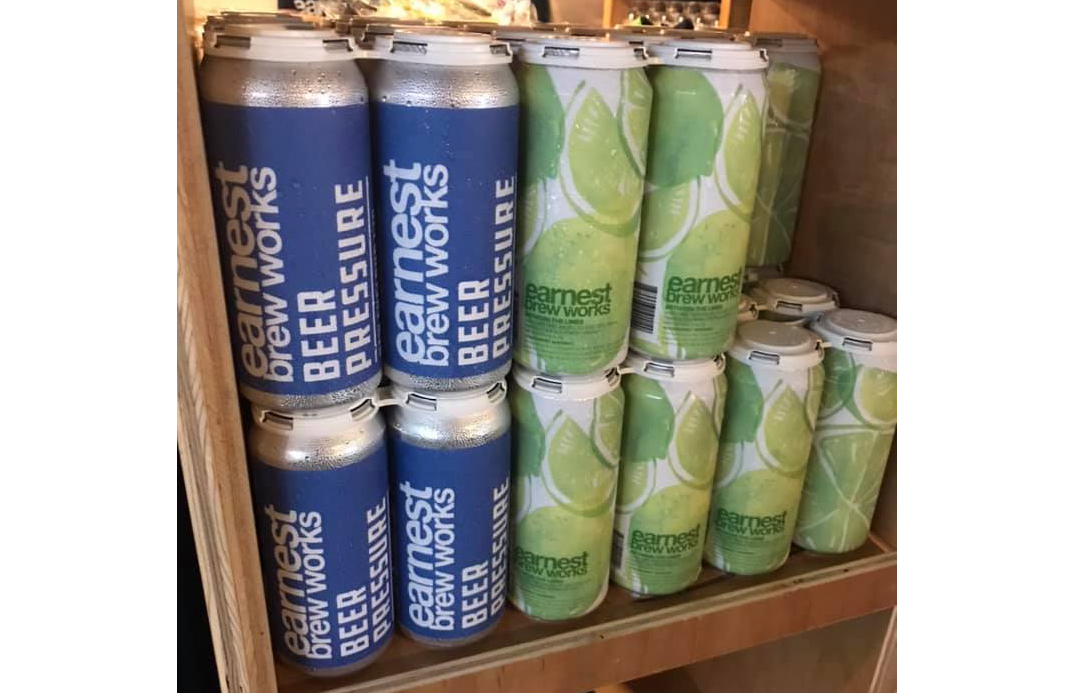
Keg inventories in the supply chain for New Glory Brewing were optimal leading up to the shelter in place and restrictions imposed on the beer market.
“We had recently formed partnerships with two new wholesalers with initial orders that included kegs,” explained Rick Piccirilli, the Sacramento brewery’s Director of Sales. “When restrictions were imposed, we trimmed kegs from the orders entirely, shipping cans only. We held on to these brewery-fresh keg quantities and implemented sales direct to consumers at our brewery, something folks have been clamoring for quite some time.”
Urban Artifact bought back a large majority of kegs and re-packed them as soon as shutdowns were announced.
“Some more limited products went on draft in our taproom for to-go sales in crowlers and those have done very well for us,” said co-founder Scotty Hunter. “Then we did buy [back] and have wholesalers destroy some beer that was out of code and could not be sold otherwise.”
The biggest key, Hunter said, was not delaying and hoping things would get better but attacking the problem right away and worrying about restocking draft at wholesalers when everyone felt comfortable that there was a need in the on-premise.
Some wholesalers in New Glory’s network have been taking the initiative of implementing creative solutions to deplete time-sensitive kegs and keep beer moving through retail.
“We haven’t been in a position of where we have needed to buy back any beer from wholesalers, and we never received any inquiries from concerned retailers regarding the quality or quantity of beer in their establishment,” Piccirilli said. “As restrictions continue to lift, onward and upward.”
As kegs come back into more use, a good rule for any keg that has been sitting, even if filled empty with CO2, should go through a cleaning cycle before being used if it’s been more than a few weeks as a precaution.




Be the first to comment